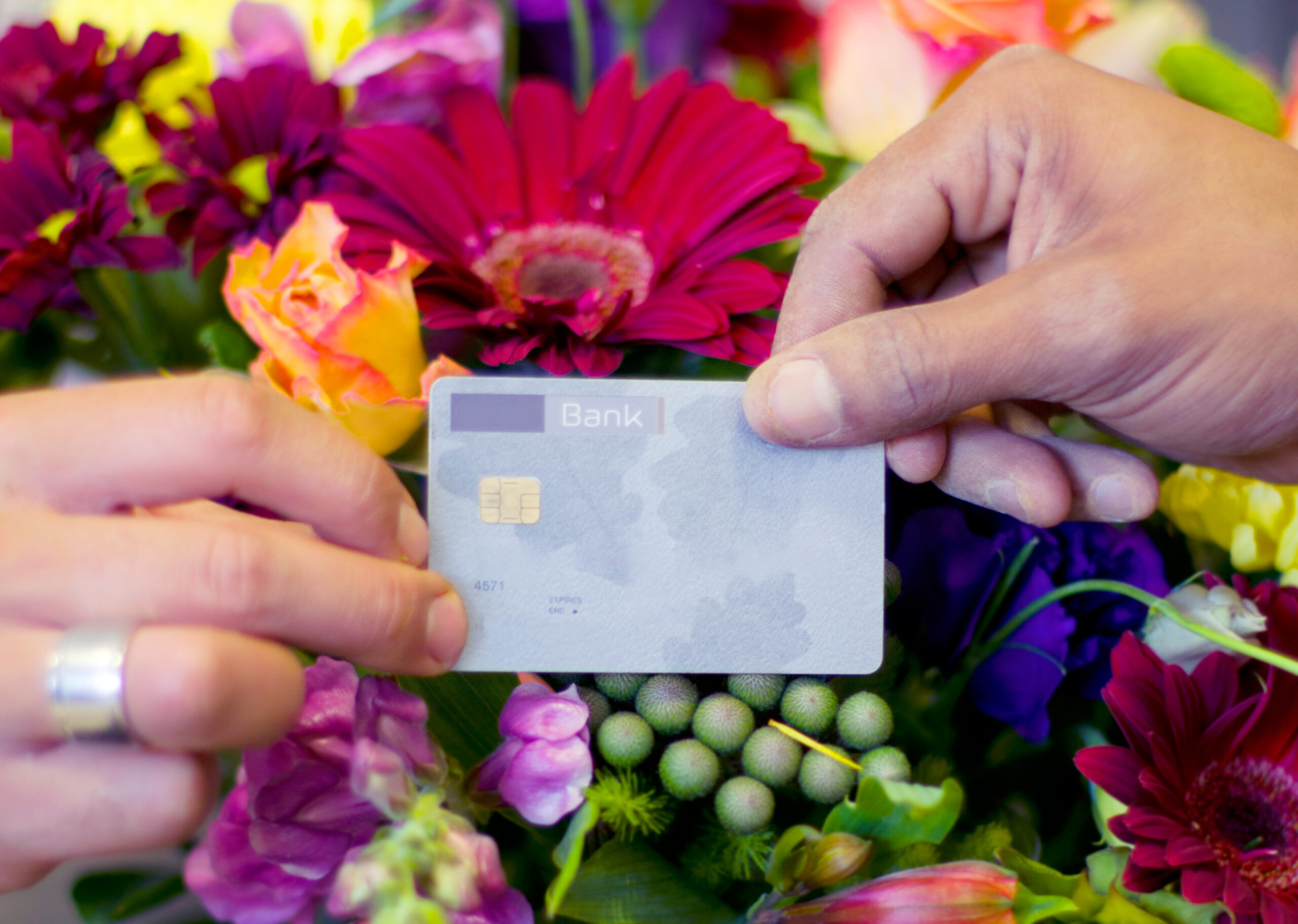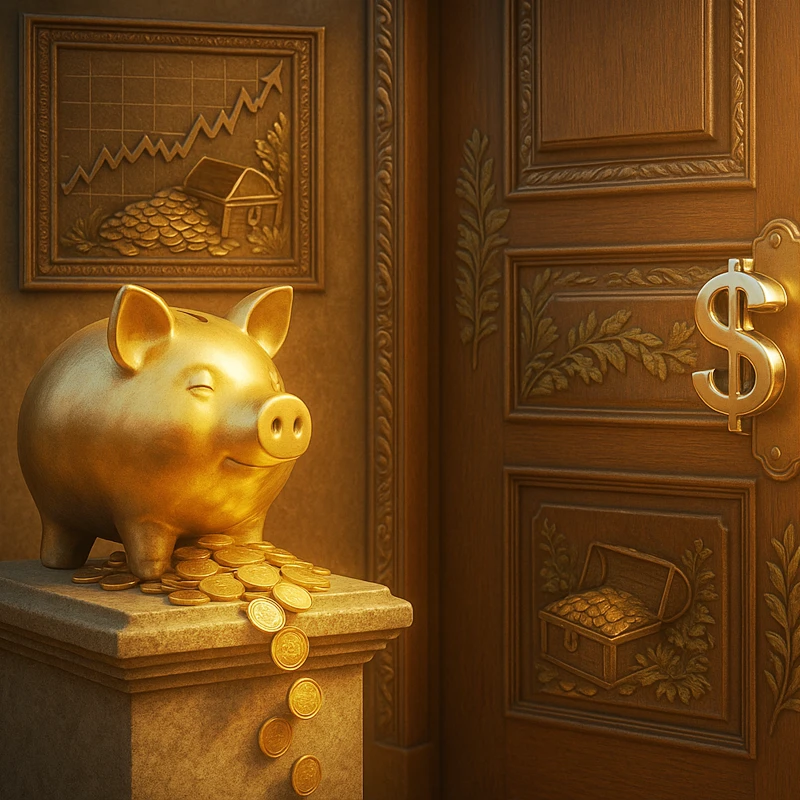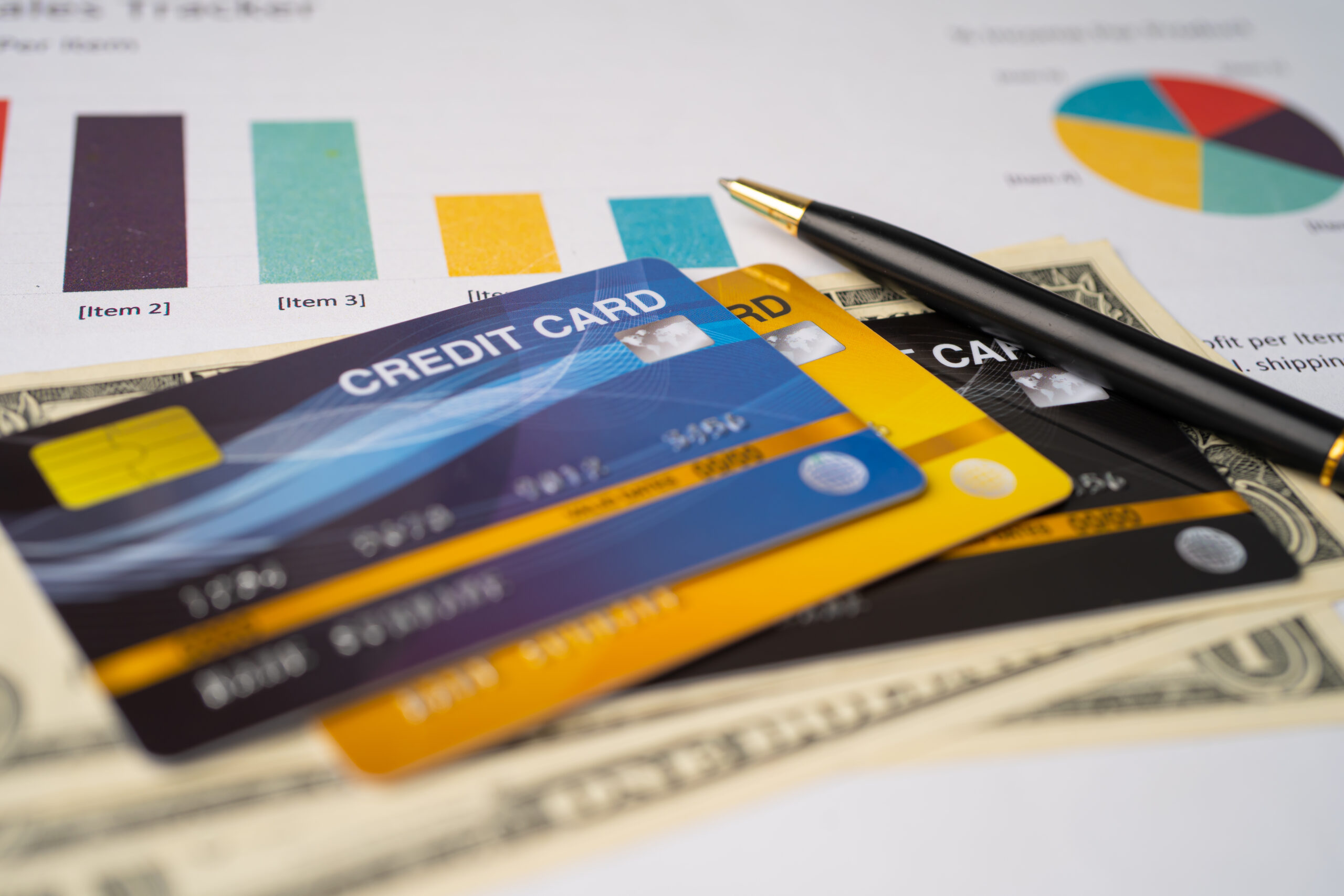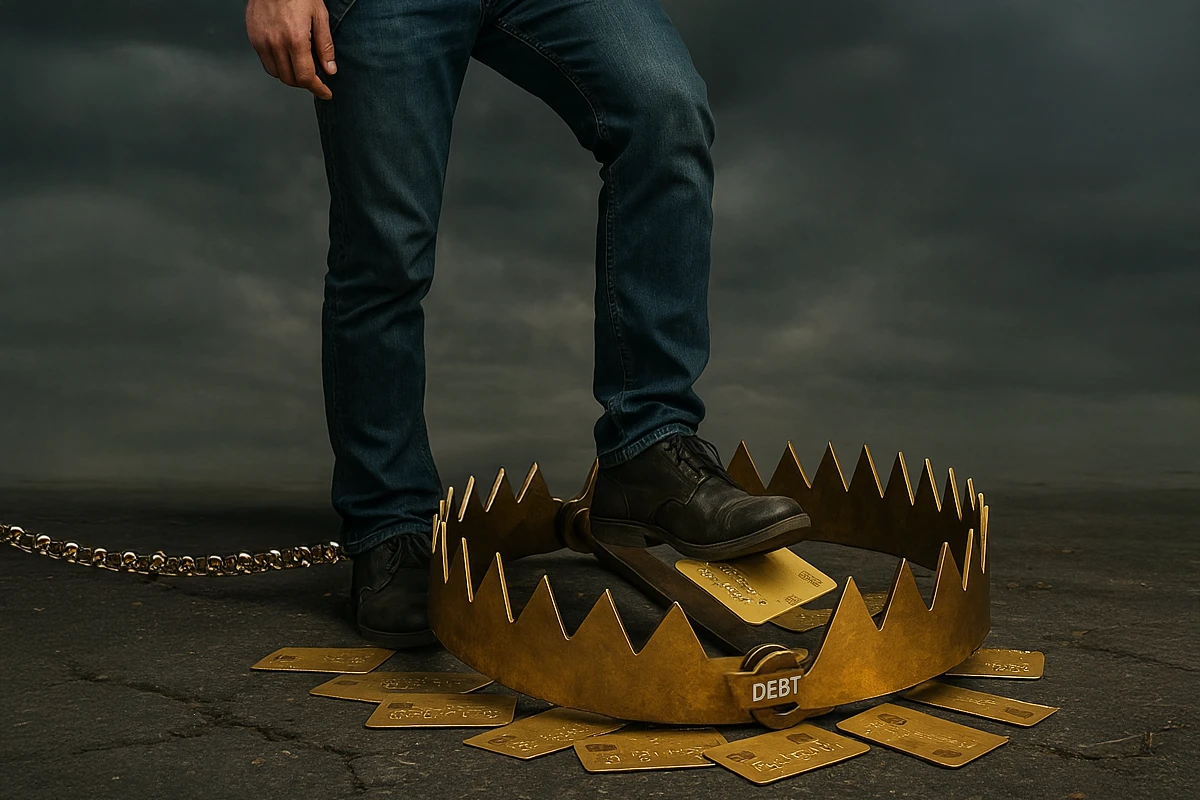Credit card myth.. Let’s set the scene: You’re sipping your oat milk latte, scrolling through financial advice on TikTok, and someone confidently declares, “You have to carry a balance to build credit.” Cue the record scratch. That advice? It’s wrong. Like, “wearing socks with sandals to a job interview” wrong. Let’s get one thing straight: credit scores aren’t mysterious algorithms designed to confuse you into debt. They’re math. Predictable, structured math. And once you understand how they work, you can stop falling for the most persistent credit card myth out there — the idea that carrying a balance helps your score. It doesn’t. In fact, it’s like leaving your car running overnight to prove you know how to drive. All it does is waste money.
Credit scores are calculated using five key factors: payment history, credit utilization, length of credit history, credit mix, and new credit inquiries. The two biggest players — payment history and utilization — make up 65% of your score. That means the best thing you can do is pay your bills on time and keep your balances low. Not carry them. Not flirt with your limit. Just use your card responsibly and pay it off in full.
According to Experian’s 2025 Credit Trends Report, consumers with excellent scores (800+) have an average utilization rate of just 7%. Meanwhile, those who carry balances month-to-month often hover above 30%, which can drag their scores down fast. And here’s the kicker: FICO has confirmed multiple times that carrying a balance has zero positive impact on your score. None. Nada.
So if you’re trying to build credit, skip the interest and stick to the facts. The real power lies in consistency, not confusion — and definitely not in perpetuating the Credit Card Myth.
What Actually Builds Your Score:
Pay your credit card bill on time, every time.
Keep your credit utilization below 30% — ideally under 10%.
Maintain older accounts to lengthen your credit history.
Diversify your credit mix (e.g., credit cards + auto loan).
Limit new credit applications to avoid hard inquiries.
🚦 Do’s and Don’ts: Navigating Credit the Smart Way

If you’ve ever Googled “how to build credit fast,” you’ve probably seen a mix of solid advice and absolute nonsense. That’s the problem with the internet — it’s equal parts goldmine and garbage heap. And when it comes to credit cards, the Credit Card Myth that you should carry a balance is one of the most common pieces of bad advice floating around. So let’s clear the air with a practical guide to what you should and shouldn’t do when managing your credit.
First, remember that credit cards are tools — not tests. They’re designed to help you build a financial reputation, not trap you in debt. But like any tool, they can be misused. Carrying a balance doesn’t prove anything to lenders except that you’re willing to pay interest. And in 2025, that interest is brutal. With average APRs hovering around 23.99%, even a small balance can snowball into a big problem.
Instead of guessing your way through credit management, follow a few tried-and-true principles. Pay in full. Keep your spending low. Don’t close old accounts unless absolutely necessary. And for the love of your future self, don’t believe the Credit Card Myth that debt equals creditworthiness.
Here’s your cheat sheet for smart credit behavior:
✅ Do:
Pay off your balance in full each month.
Keep utilization under 30% (under 10% for top scores).
Set up autopay to avoid missed payments.
Keep old accounts open to boost credit age.
Monitor your credit report for errors.
❌ Don’t:
Carry a balance thinking it helps your score.
Max out your card — it tanks your utilization.
Close old cards impulsively.
Apply for multiple cards at once.
Ignore due dates or minimum payments.
📣 Why the Credit Card Myth Persists

If the “carry a balance” advice is so wrong, why does it keep popping up like a financial zombie? The answer: misinformation, outdated advice, and a whole lot of social media noise. The Credit Card Myth persists because it sounds logical — like you’re showing lenders you can handle debt. But in reality, you’re just showing them you’re willing to pay interest. And that’s not the flex you think it is.
A 2025 survey by Finder revealed that 42% of Americans still believe carrying a balance improves their score, and the number jumps even higher among Gen Z and Millennials. These are the most credit-curious generations — and also the most likely to get their financial advice from TikTok, Reddit, or a friend who “read it somewhere.” The result? Millions of people paying interest they don’t need to, all because of a myth.
Even some financial influencers get it wrong. They oversimplify credit tips for engagement, not accuracy. And once a myth goes viral, it’s hard to kill. That’s why it’s so important to rely on credible sources — like FICO, Experian, and yes, this blog — to get the facts straight.
So next time someone tells you to leave a little balance “just in case,” smile politely and pay it off. You’re not just busting the Credit Card Myth — you’re protecting your wallet, your score, and your sanity.
🔍 Busting the Credit Card Myth — Once and For All

Let’s say it louder for the people in the back: You do not need to carry a balance to build credit. This Credit Card Myth has cost consumers billions in unnecessary interest, and it’s time to retire it permanently. Building credit is about showing consistency, not debt. It’s about proving you’re responsible, not that you’re willing to pay extra.
Think of your credit score like a GPA. You don’t get bonus points for turning in assignments late or incomplete — you get rewarded for doing things right, on time, and with care. The same goes for credit. Pay your bills. Keep your spending low. Don’t open five cards in a week. And definitely don’t carry a balance thinking it’s helping.
In fact, carrying a balance can hurt your score if it pushes your utilization too high. It can also lead to missed payments, late fees, and a cycle of debt that’s hard to escape. And for what? A myth?
So let’s bust it once and for all. The best way to build credit is to use your card regularly, pay it off in full, and keep your utilization low. That’s it. No interest required. No balance necessary. Just smart, consistent habits that protect your financial future.
You’ve got this — and your credit score will show it.
✨ Final Thoughts: Build Credit Without the Baggage
Credit cards can be powerful tools — but only when used wisely. The idea that you need to carry a balance to build your score is a myth that belongs in the financial graveyard. Instead, focus on on-time payments, low utilization, and strategic account management.
By ditching the Credit Card Myth and embracing smarter habits, you’re not just improving your score — you’re protecting your peace of mind, your future goals, and your hard-earned money.
So go ahead, pay off that balance. Your credit score (and your wallet) will thank you.









